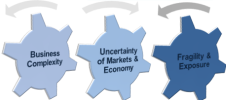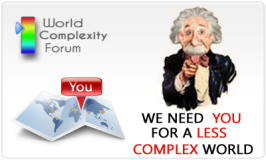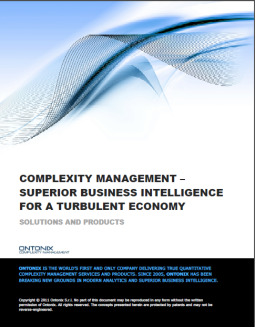John Seddon [video]:: Target Obsession Disorder laid bare.
Wednesday, 10 April, 2013 1 Comment
John Seddon explains why targets make organisations worse and controlling costs makes costs higher. If you’re in management or in executive leadership you desperately need to watch this and know it, understand it and listen to it. For the benefit of yourself, those around you and those that interact with you business.
John breaks out why targets make organisations worse and controlling, or managing costs, actually makes them higher. He explains, in a rather entertaining way, why the public sector along with the private sector is doing horribly compared to what they should be doing…a bi-product of ‘conventional ignorance’.
This elegant dissection of the organisational madness that pervades our culture was given at the 2009 conference of the Human Givens Institute.














